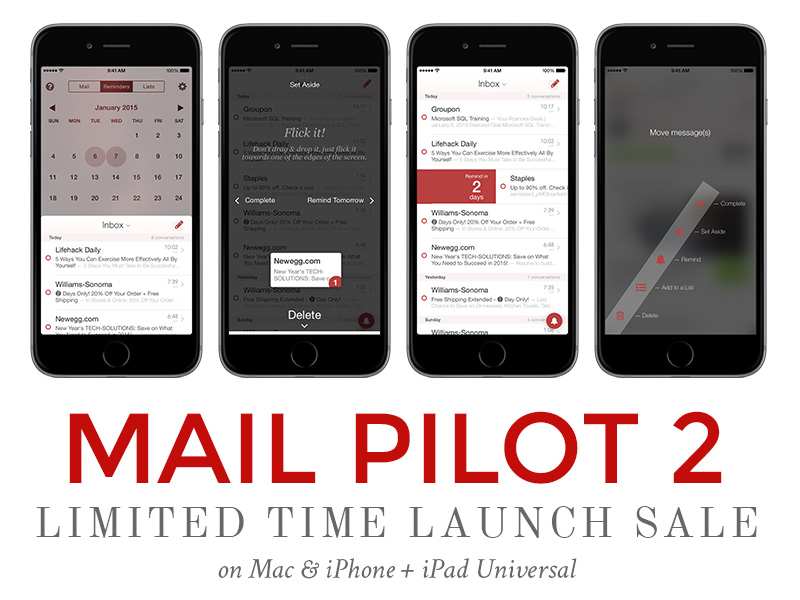


A recent review of the benefits and outcomes of digital health services found that people with LTCs can use the Internet for information, therapy, peer support and communication with clinicians, to achieve better health outcomes and better manage their care. Given that British patients with such conditions account for 80% of all General Pracitioner visits and are twice as likely to be admitted to hospital than those without, this represents a major burden for health services as well as to the quality of life of patients themselves. Six out of 10 adults in England report a chronic health condition ranging from mild asthma to terminal cancer. Our methods could be used by other researchers studying Internet use by people with LTCs. An RCT is feasible and necessary to evaluate the potential benefits of anonymous email support. Face-to-face leaflet distribution recruited sufficient numbers but additional locations other than hospital should be tried to recruit Internet novices with LTCs. ConclusionĮ-health support is a promising way of addressing the problems faced by older generation e-health seekers. Three process measures showed ceiling effects and two had too many missing values to be useable. Attrition was fairly high: 20/39 completed follow up questionnaires. Piloting the intervention identified support needed as: (i) technical help with some websites, (ii) advice about issues such as anonymity, (iii) help in judging information quality, (iv) identification of relevant information (via 'Information Prescriptions'), (v) motivational support to try new sites. The majority (21/38) rated themselves as experienced Internet users although only 5/38 had used discussion forums for their LTC. Most participants (61%) were aged over 60. Thirty nine participants were recruited, 29 after personally receiving a leaflet, seven via email advertising, and three via leaflets left in waiting areas. Primary outcome, seven process measures and two secondary outcomes measures were evaluated for completeness of data and sensitivity to detect changes. The provisional primary outcome was the extent to which the Internet affected the participants' confidence in dealing with their LTC. A personalised e-health support intervention was developed. Recruitment success was evaluated by the number and appropriateness of participants recruited.
Mail pilot 2 exchange support trial#
The aim of this pilot study was to develop an intervention and test methods for a definitive randomised controlled trial (RCT) of anonymous personal online email support for patients in this latter group.
Mail pilot 2 exchange support full#
While some patients do not have access to the Internet, others that do may still lack expertise or the confidence to make full use of it. Use of the Internet for people with Long Term Conditions (LTCs) can have a positive effect on knowledge, social support, behavioural and clinical outcomes, yet there is concern that a 'digital divide' prevents some patients from benefitting.


 0 kommentar(er)
0 kommentar(er)
